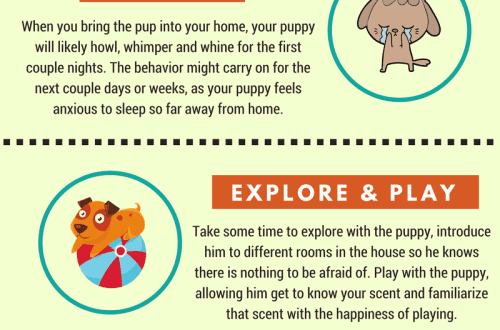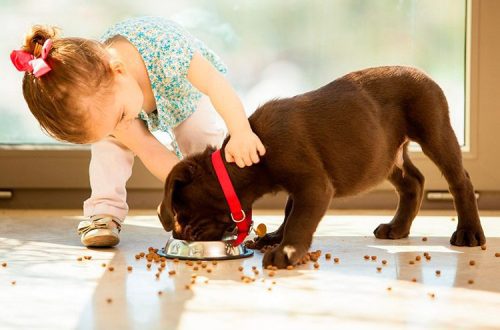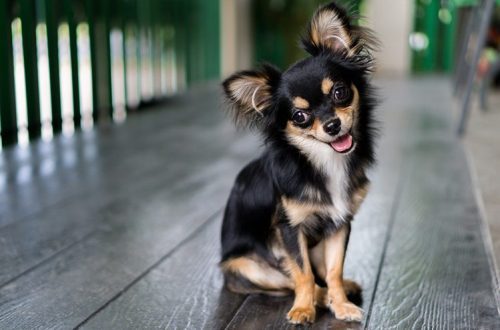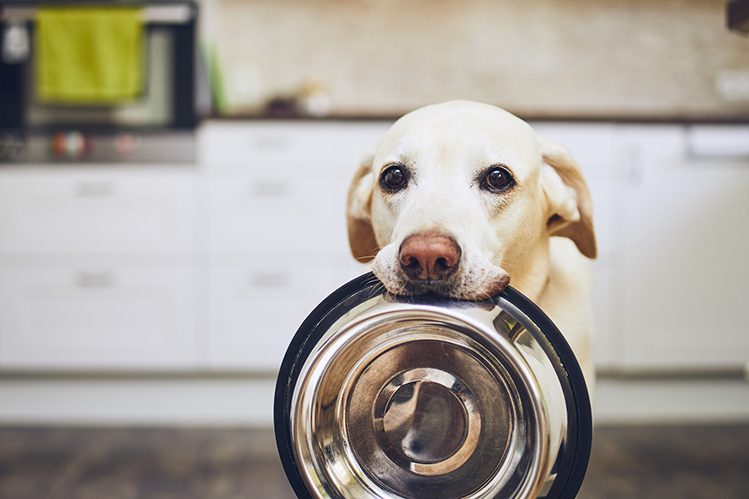
Why is the dog not eating?
Feed your dog quality food, but is he hungry all the time? Why does a pet beg for food again and again after feeding, as if it had not been fed? We dot the I in our article.
Is your dog hungry all the time? You just fed her and she’s begging for food again? Does he lick the bowl for a long time? Why is this happening?
There can be many reasons for the “eternal hunger” of a pet. We list the most common.
- Organizational, behavioral
Analyze your pet’s daily routine. Does it get enough sleep? How intense are the loads? What is the food like?
If the pet walks and moves too much, he may lack the standard portion size. That’s why he doesn’t eat.
Determine your dog’s daily energy requirement. It depends on the size and age of the dog, on its temperament, the characteristics of this life stage, on the amount of exercise, weather conditions, etc. The food you choose and the daily serving size should meet this need.
- Meal Mode
In order for the dog to be full and receive all the nutrients it needs, you need to regularly observe the feeding regimen. Feed your dog at the same time. Follow the recommended feeding rate indicated on the packaging of the specific food. Make sure that fresh water is always available.

- Feed/Food Quality
Make sure you are purchasing a quality product that is truly suitable for your pet.
A diet based on natural products must be agreed with a veterinarian. He will tell you exactly what and how often to feed the dog. If you choose ready-made foods, give preference to super-premium rations. The composition of the feed should not contain low-quality ingredients, artificial flavors and flavors – such diets awaken the appetite, but do not give a feeling of satiety.
High-quality complete food is easily absorbed by the pet and he does not need to eat more servings to fill up.
Please note that with the natural type of feeding, the dog begins to want to eat faster. Such food is digested faster, “burns out” faster – and the pet wants to eat again. High-quality dry food with a balanced content of proteins and carbohydrates is digested more slowly. The energy from the components of such feeds is released evenly and gradually – which means that the pet feels a sense of satiety longer.
- Diseases and helminths
The reason for the eternal hunger of a dog can be diseases or infection with helminths. Have you been prophylactic against parasites for a long time? Check your deworming schedule and visit your veterinarian to rule out health problems.
If the problem is not in the above reasons, it is possible that the dog has a metabolic disorder – metabolism. Be sure to show it to a veterinarian and check the internal organs, the digestive organs.
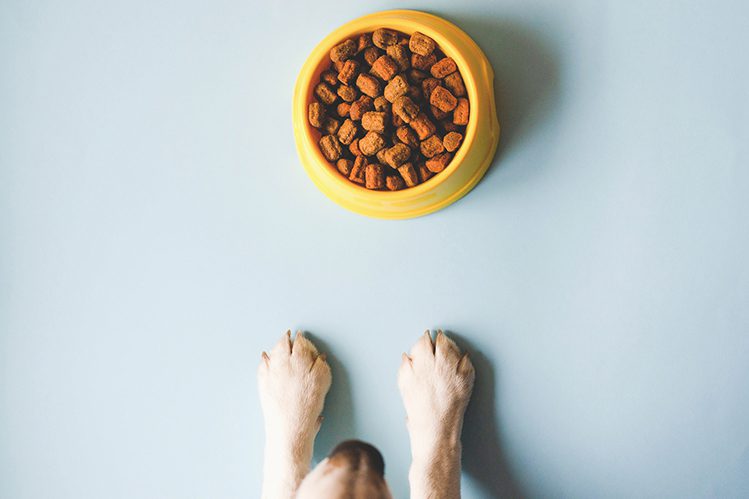
Do not worry: in the early stages, most diseases are easy to stop, so it never hurts to play it safe.



